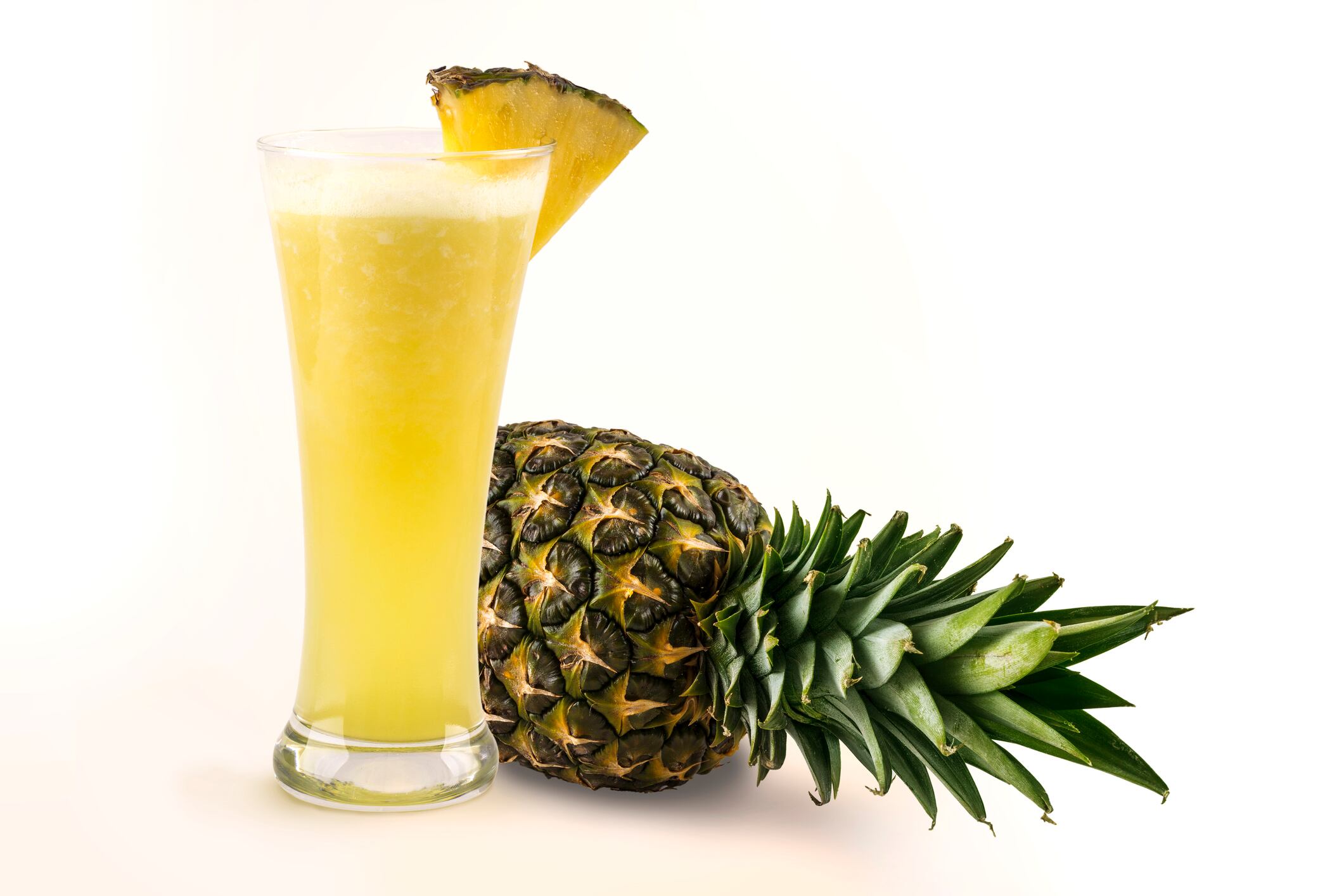Writing in the Indian Journal of Science and Technology, researchers from the University of Cartagena, Colombia looked into the use of local tropical fruits to make functional drinks. Using a blend of Lulo pulp, passion fruit, mango, pumpkin, pineapple pulp and shell, and lactose-free milk, they evaluated the nutritional, rheological and sensorial characteristics of the final beverage.
Findings showed the blend ensured a “good nutritional contribution” whilst maintaining solid acceptance in terms of taste, odor and color.
The beverage contained “substantial vitamins” like A, C B1, B2 and B3, “significant dietary protein levels” (6.70%) and a total dietary fiber value of 4.2% (soluble fiber 1.05% ± 0.042 and insoluble fiber 3.05% ± 0.014).
Importantly, the beverage had a pH of more than 2 which maintained stability after preparation – for more than 15 days when stored at 4°C – and ensured a product that was microbiologically safe.
“Tropical fruits used in the development of this research presented important properties for the design of new food products,” the researchers wrote, and in particular, products high in nutrition with beneficial health effects – something consumers were increasingly interested in.
“Moreover, it emphasized harnessing local and regional levels of the raw material for exploitation in the design of health products for society,” they wrote.
Tropical fruit fiber punch

The researchers said pineapple pulp and shell was a desirable food ingredient for a functional beverage because of its nutritional and functional characteristics.
Not only was pineapple shell naturally high in fiber (70%), it also contained the important polyphenol myricetin and was therefore high in antioxidants. Because of these additional bioactive compounds, the fruit-based dietary fiber had a better overall nutritional profile compared to cereal-based fibers, they said.
Pineapple shell also contributed a significant insoluble fiber content to the final beverage, important for intestinal function, and strong soluble fiber content, important for water retention and improving nutrient absorption. In addition, the shell acted as a thickening agent although sensory evaluation indicated a dislike to the apparent suspension of particles (insoluble fibers) in the final product. Future attempts, therefore, should consider better mixing to reduce the fiber particle size, the researcher said.
Powerful fruits
Other recently published Latin American studies have also touted the power of tropical, regional fruits.
A study from Brazil also looked at pineapple in beverages, stating it could be blended into a fermented beverage with yeast for a probiotic drink. Colombia research suggested mango seeds, typically discarded during processing, had the highest antioxidant capacity in the entire fruit and therefore made an interesting food ingredient. A Brazil study also said passion fruit peel, high in bioactive compounds, should be more readily considered due to liquid extraction techniques that were easier to upscale.
PepsiCo recently told FoodNavigator-LATAM it would push ahead with new product development using native Brazilian fruits like açaí, as well as native roots like arrowroot and cassava, to tap into consumer demand for novel health. Açaí, native to Central and South America was found in the Amazon forest and parts of the Atlantic Forest and renowned for its antioxidant, vitamin C and fiber content.
Source: Indian Journal of Science and Technology
Published online ahead of print, doi: 10.17485/ijst/2018/v11i13/117913
Title: “Standardization and Rheological Characterization of Functional Beverage with Tropical Fruit, Pumpkin (Curcurbita moschata), Dietary Fiber of Pineapple (Ananas comosus) and Lactose-Free Skim Milk”
Authors: SE. Quintana and LA. Garcia-Zapateiro
